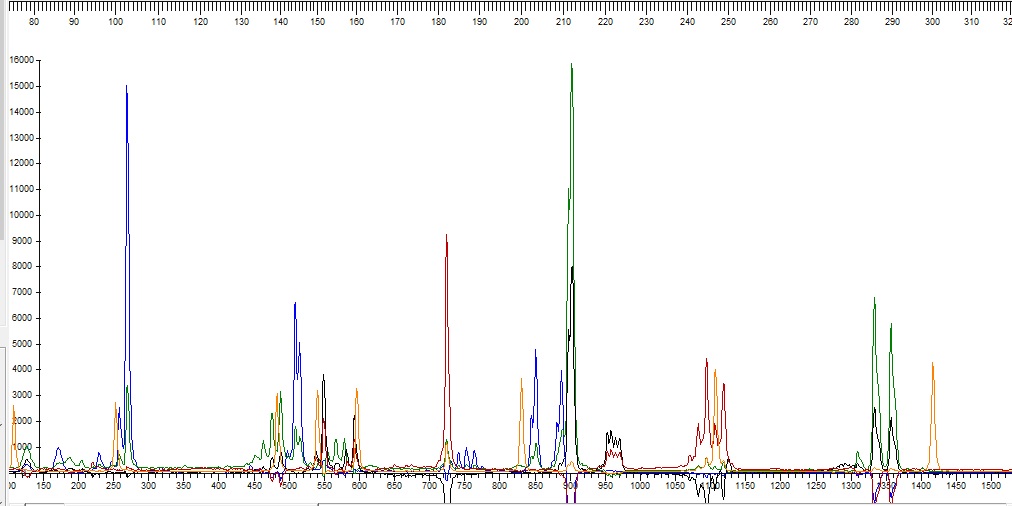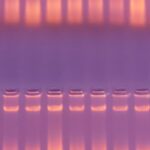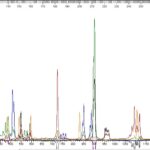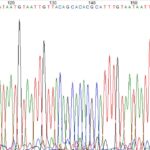Contact person
Name: Costas Tsigenopoulos
Position: Research Director
Telephone: +302810337854
Email: tsigeno@hcmr.gr
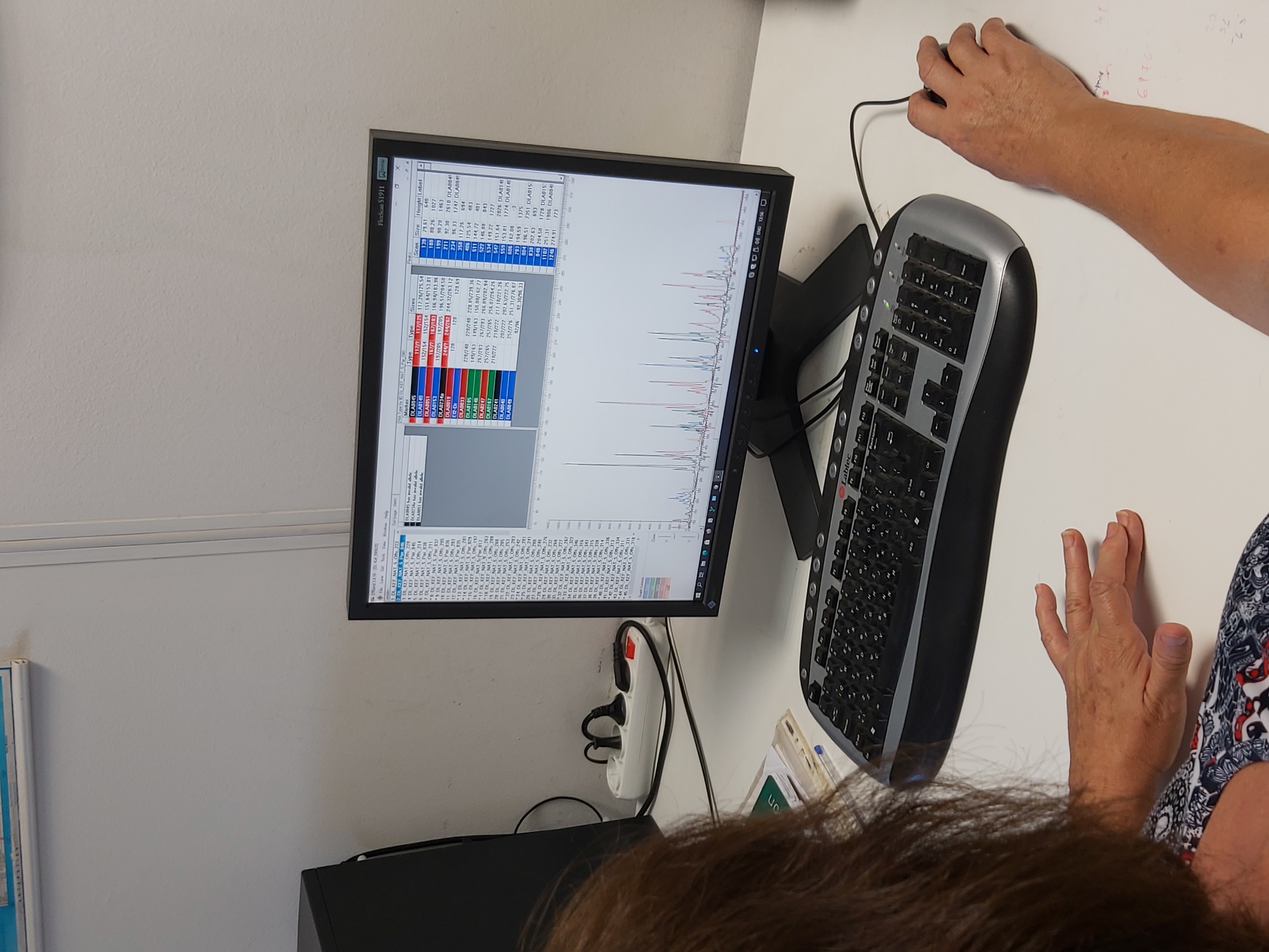
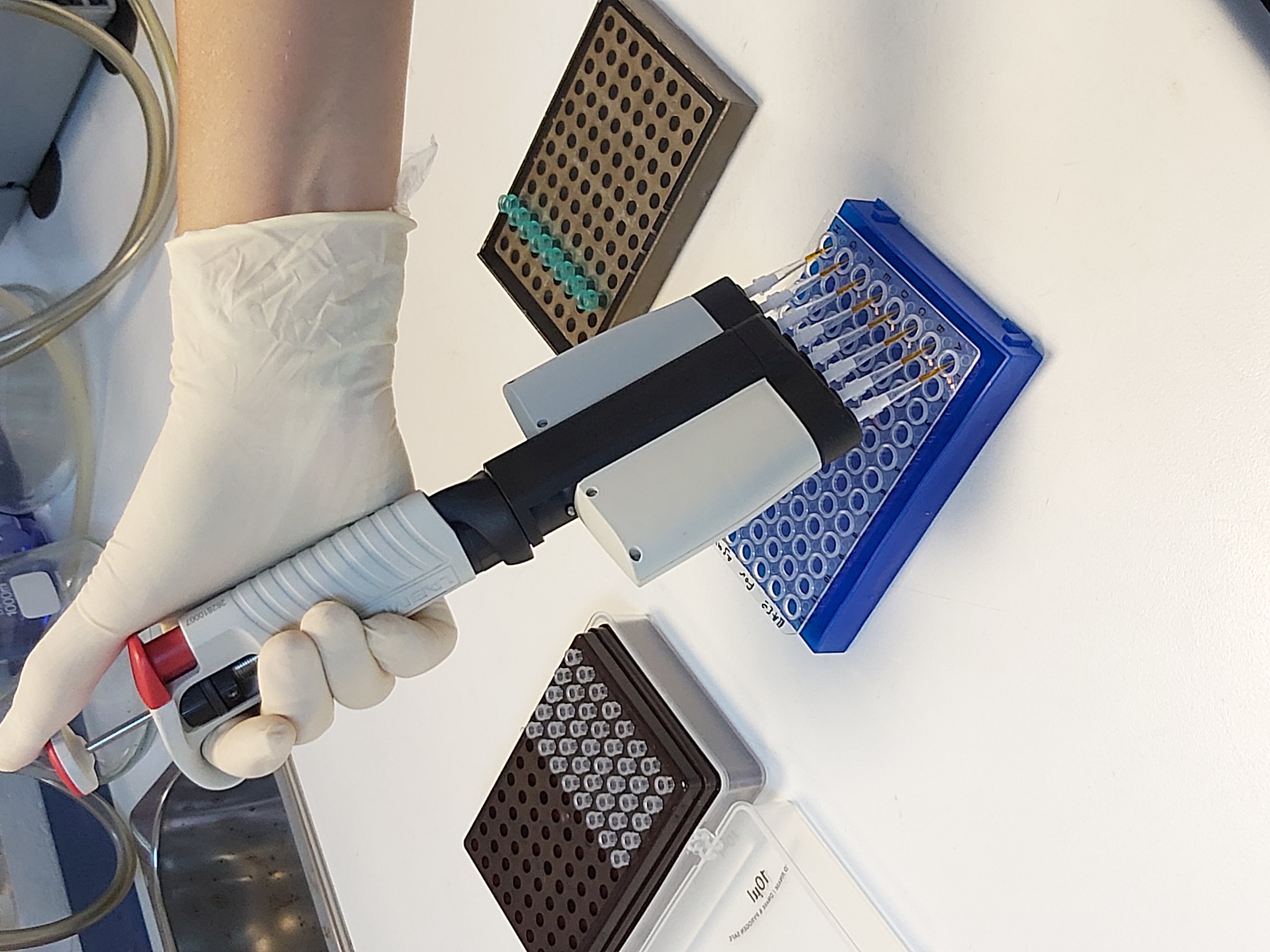
Early experimentations with selective breeding tended to use only a few parents that displayed the most attractive traits; however, within few generations these became inbred, and fitness and performance was depressed. This lack of early success caused many farmers to lose confidence in selective breeding and to return to the recruitment of parent stock from the wild.
Currently, only around 20 percent of the world’s aquaculture production is based on genetically improved stocks, and more than 50 percent of genetic improvement programs in aquaculture began after 2005. The challenge for the aquaculture industry is oriented towards selective breeding programs for both existing and emerging species, and it is expected that with the help of science, aquaculture production can be increased by up to 40 percent, by making better quality fish that will grow faster, convert feed more efficiently, resist to pathogens more effectively etc.
Selective breeding has a very high potential for improving the genetic makeup of fish in aquaculture production. It just takes a few generations to accomplish major improvements in economically important traits and these progress can be achieved by using selective breeding in better and efficient breeding programmes, adapted to SMEs and/or larger companies and markets. Furthermore, recent technological and methodological advances which allow for high-throughput genotyping and sequencing offer the potential of deriving estimated breeding values (EBV’s) on the candidates themselves compared to the classical breeding approach, which is hindered by using information only on relatives.
Our services aim to offer information related to the:
- Enhancement of production efficiency through the incorporation and use of genetic approaches into aquaculture selective breeding programmes (genetic improvement) for robustness and growth rate
- Disease and stress resistance; infectious diseases constitute a major obstacle for the aquaculture industry both in terms of profitability and sustainability. Selection for genetic resistance has long been considered as a valuable tool towards facing the detrimental effects of disease outbreaks especially in situations where effective therapeutic agents are lacking and are coupled with the moderate to large estimated heritabilities for many commonly encountered diseases
- Incorporation of feed efficiency and nutrient retention traits; studying the genetic potential to select for fish that perform better with alternative feed sources: adaptation of fish to alternative feed and estimation of genotype by diet interactions for these; animals adapted to alternative, easily accessible and more environmentally friendly-diets are expected to exert a lower pressure on marine fish meal and oil resources
- Improvement of product quality (body-shape, morphology, skeletal deformities).
Customers
International and national aqucuaculture companies
| Facilities |
| Research Directions |
